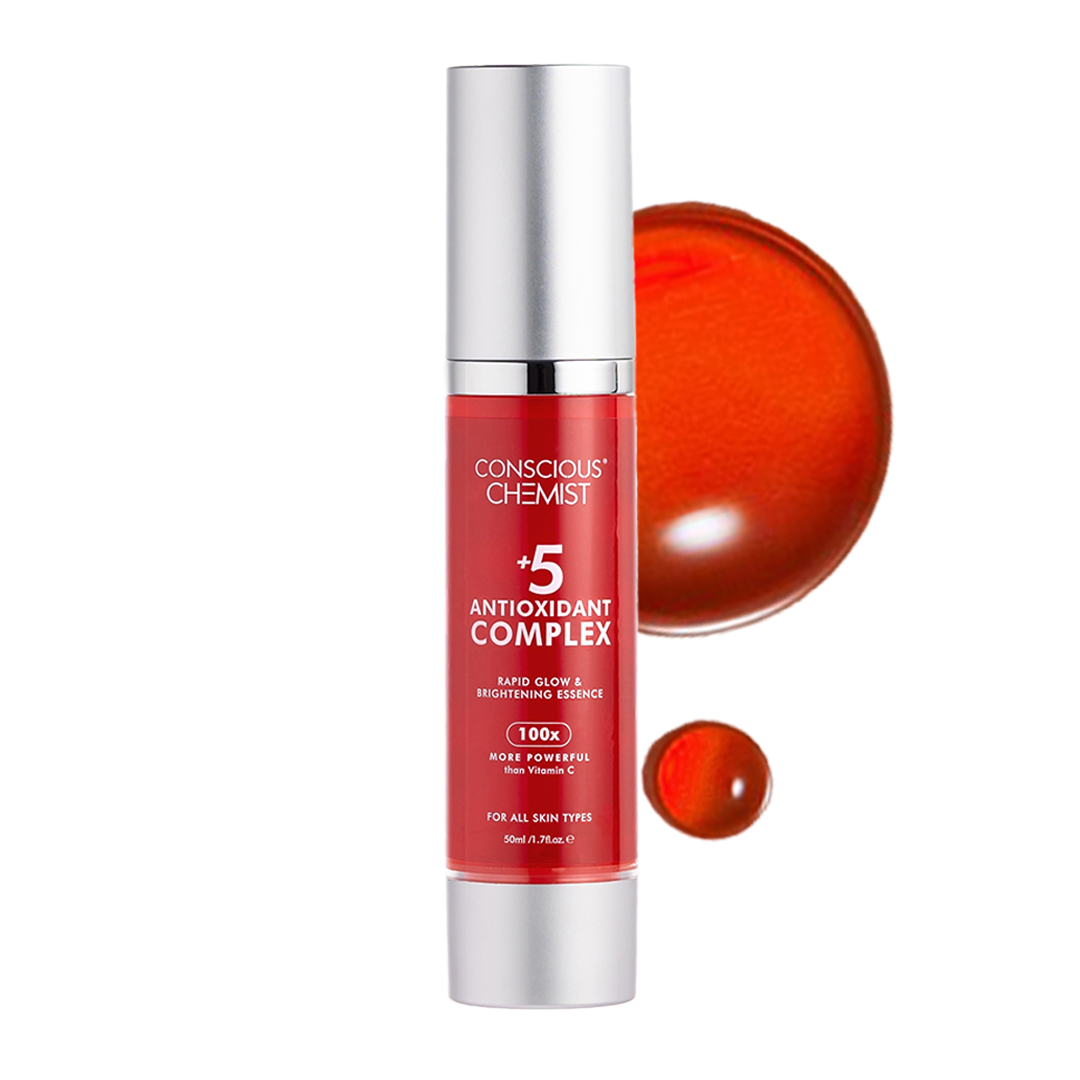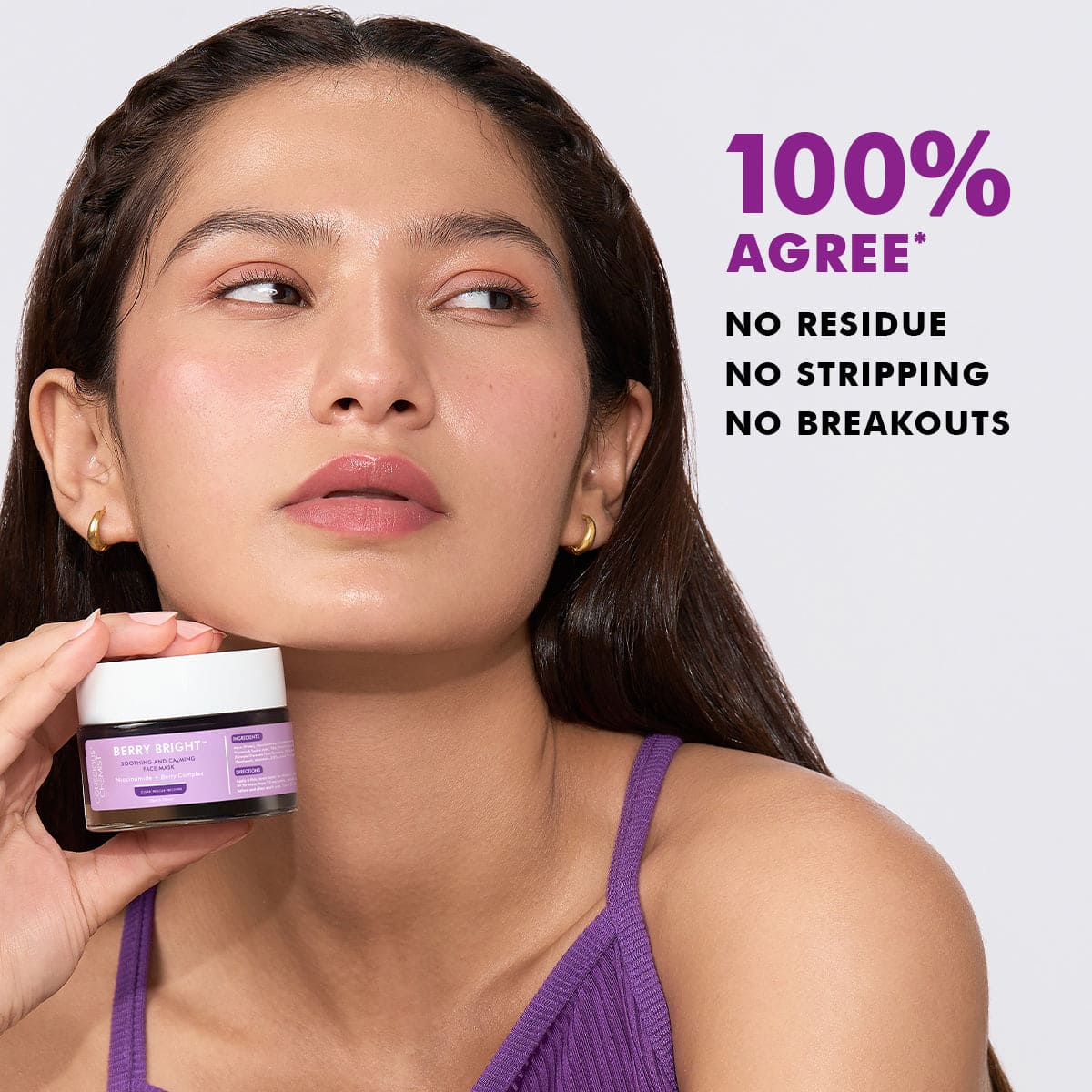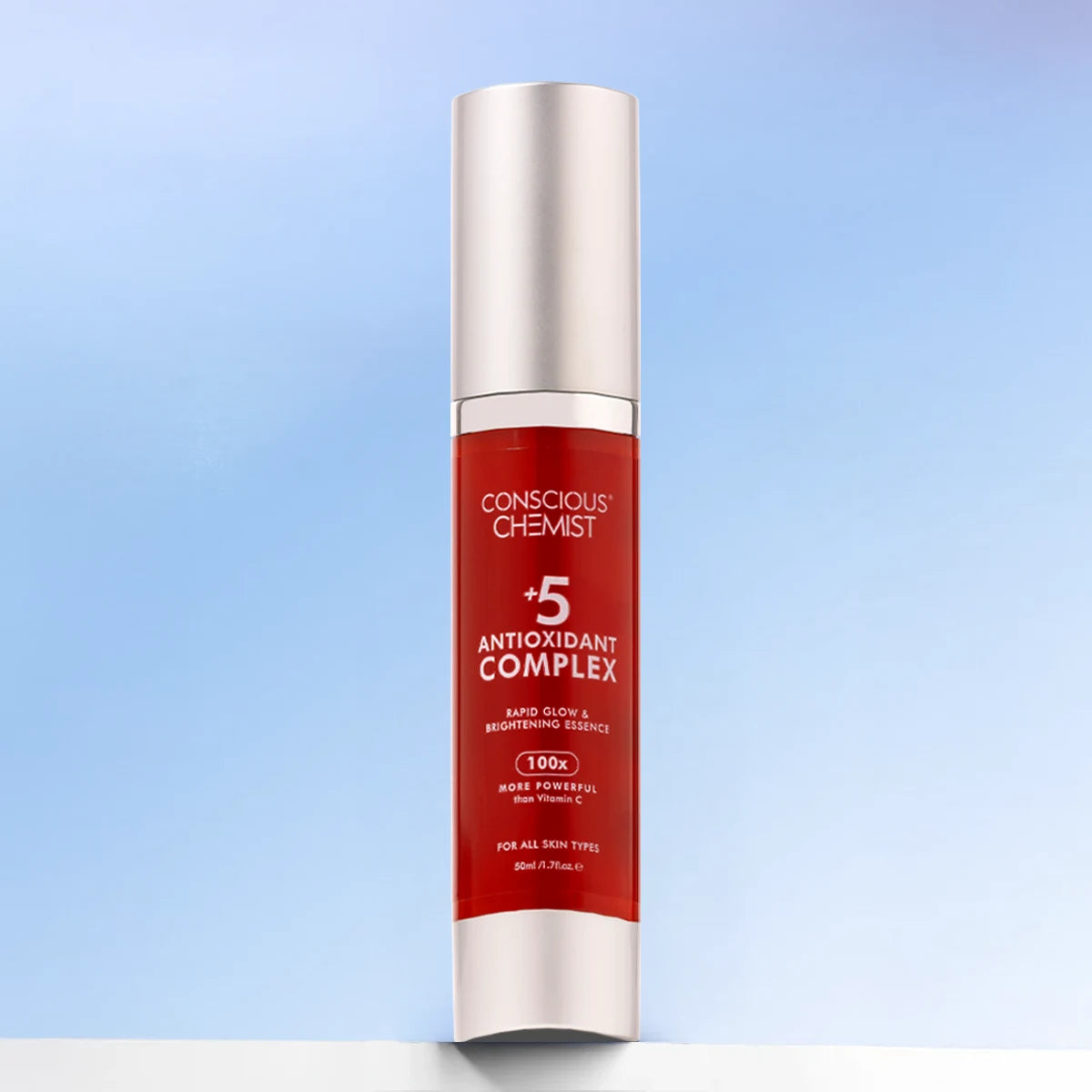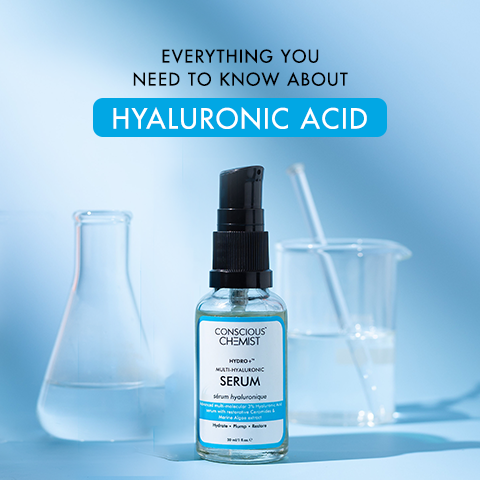
Skincare enthusiasts know that certain acids can help slough off dead skin cells from the face, such as alpha hydroxy and beta hydroxy acids. But what about hyaluronic acid? Although it has "acid" in its name and can destroy dead skin cells, this skincare ingredient doesn't belong in the same category as skin peels. Hyaluronic acid occurs naturally in the body and is a great moisturizer. Here's an overview of hyaluronic acid, where it can be found, and whether it should be included in your skincare routine.
What is hyaluronic acid?
Technically known as glycosaminoglycan, hyaluronic acid is a molecule made up of part of sugar. It's a clear, sticky substance that's produced in the body. HA gives the eyeballs their round shape and also helps lubricate the joints. According to the National Institutes of Health, hyaluronic acid serum is most commonly found in the skin. It accounts for 50% of the total amount of HA in the body. It is also important for maintaining skin hydration.
Why is hyaluronic acid important for the skin?
Our bodies naturally produce HA, which keeps skin soft and supple. But due to ageing and environmental stressors, our bodies have less HA over time. Prolonged sun exposure, diet, smoking, and pollution can also contribute to lower levels of hyaluronic acid.
When hyaluronic acid levels drop, skin can appear drier and older. hyaluronic acid levels are elevated (or added to the skin with a product), skin can appear hydrated, smooth, and radiant.
What Are the Benefits of Hyaluronic Acid?
What makes hyaluronic acid a beauty star is that it can absorb up to 1,000 times its weight in water. One gram of HA can hold up to six litres of water, which is amazing.
But there is more to hyaluronic acid. It's also a humectant, meaning it attracts moisture to the skin, so think of it like a sponge or moisture magnet. HA helps skin cells retain water and regulate moisture levels. Using an HA skin care product can help keep skin constantly hydrated. Using HA products on the skin will help make it look smooth and plump.
But that's not all HA can do. Hyaluronic acid serum can help with inflammation and wound healing. It also has antibacterial properties and is an antioxidant that may help protect against free radical damage. Doctors also examine HA to see if it can help fight acid reflux and prevent bone loss.
Another benefit of HA is that it is lightweight and easily absorbed. Therefore, it is rather comfortable on the skin and is ideal for layering under other products.
Are all hyaluronic acids the same?
Although many skin care products contain hyaluronic acid, not all are created equal. The main difference is in the molecular weight, which can vary. Some products are described as having "multiple molecular weights" of HA. Molecular weight is important because the largest HA molecules are on the skin's surface. The larger molecules provide quick hydration and a soothing feeling, while the smaller ones offer longer-lasting hydration. Many skin care products contain a combination of both.
Sometimes "hyaluronic acid" is listed on a product label as "sodium hyaluronate." Sodium hyaluronate is an HA-derived salt that is more easily absorbed by the skin than HA. In some products, the HA is also listed as fragmented or encapsulated or as "Sodium Hyaluronic Crosspolymer", which has a 3D molecular structure.
Should I add hyaluronic acid to my skincare routine?
If you want to maintain (or try to restore) your youthful glow, you can add HA to your skincare routine. It is especially helpful for those dealing with dry skin and fighting the signs of ageing. A dose of an HA-enriched serum or moisturizer cream helps to temporarily plump the appearance of fine lines and wrinkles and keep the face hydrated. If your face is particularly dry, tight, or itchy, it can provide instant relief and a soothing feeling.
But even people with normal or oily skin can benefit from a dose of HA. Oily skin needs to be properly hydrated and balanced to control sebum production. Hyaluronic acid is gentle enough to use on acne-prone skin and won't clog pores.
HA does more than make your face look beautiful. As antioxidants, hyaluronic acids help protect the skin from UV damage. They can support the healing and repair process of the skin. Another reason to love HA? It blends well with other ingredients, particularly retinol, which can potentially irritate the skin. Serums with HA often contain other moisturizers like glycerin and are mostly water-based.
Does hyaluronic acid have side effects?
Hyaluronic acid is suitable for all skin types and has no known side effects. Of course, any product can cause irritation or a rash, so it's always good to do a patch test first. Products containing HA are suitable for all skin types, whether young, old, dry, oily, sensitive or normal.
It also works in all seasons. HA has a light feel making it ideal for oily skin or anyone looking to switch to more lightweight products in the summer. It won't clog pores and can help soothe irritated skin, making it ideal for those with eczema or rosacea.
Which Skincare products contain hyaluronic acid?
HA is commonly found in serums, face creams, and body lotions. It is also found in eye creams, sheet masks, sunscreens, lip balms, face toner and essences and is sold as an activator only.
The eyes may be the window to the soul, but they are one of the first areas of the face to show the signs of ageing. Conscious Chemist Anti-Aging Eye Cream has been specially formulated for the delicate skin around the eyes. The cream helps reduce the appearance of stubborn dark circles, puffiness and crow's feet. It is formulated with a brightening concentrate and moisture-rich complexes that stimulate, strengthen and hydrate the skin around the eyes. The cream is also enriched with hyaluronic acid, which absorbs moisture. It helps to fill in wrinkles and temporarily makes the skin soft and supple.
Formulated for ageing skin, Conscious Chemist Serum contains Hyaluronic Acid. Gently apply a few drops of this hydrating serum to your face to minimize the appearance of fine lines and wrinkles. Leave on the skin for a few minutes before applying moisturizer.






Dull Skin: Causes and Solutions for Getting your Glow Back
Dull Skin: Causes and Solutions for Getting your Glow Back